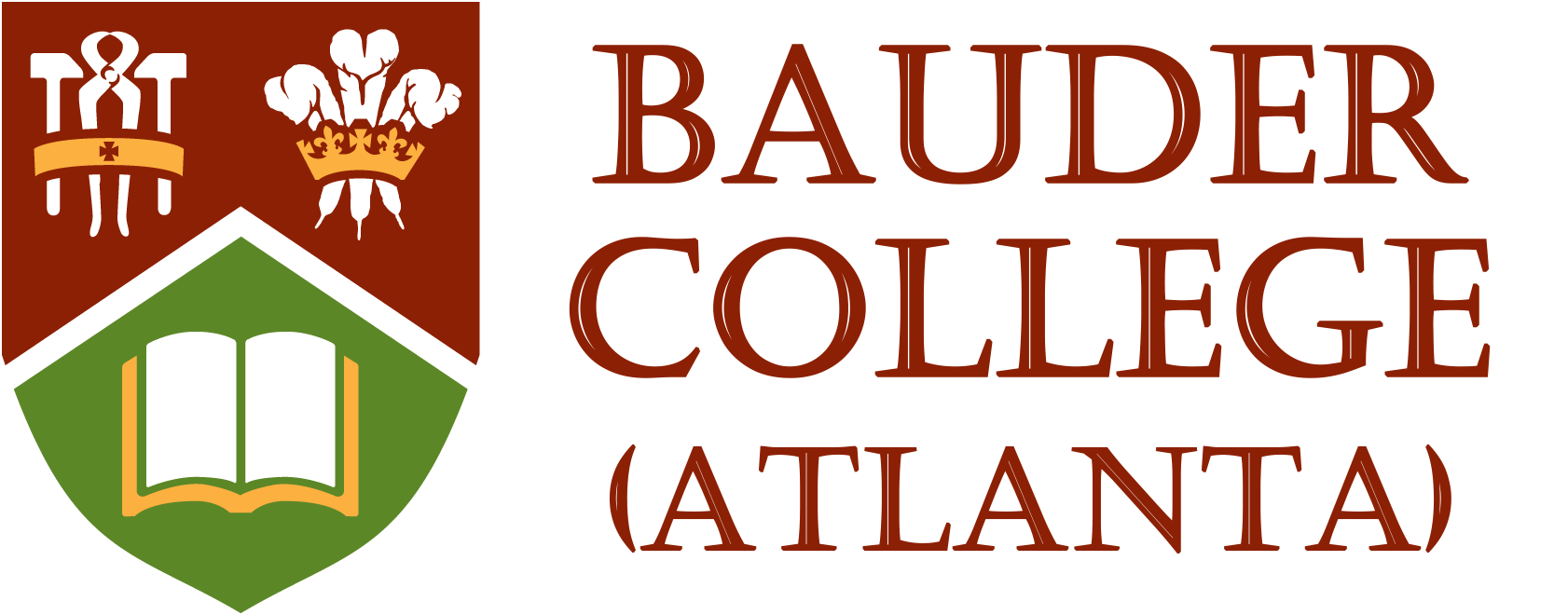Today, Spanish is said to be the fastest growing language in the world. Over 360 million people speak Spanish. In the U.S., it has been the second language, and in America, it is becoming increasingly important and popular as NAFTA and other commercial links are established with Latin America. This creates a need for translators, interpreters and teachers, as Spanish speaking persons are needed in tourism, management, corporations, etc.
As Spanish is not presently taught in P.E.I.'s high schools, BCA presents the only opportunity for learning this language. This means that students wishing to study Spanish start with 1010 which demands no prior background in the language. Those who have had some contact with the language either through exchanges, family background, or travel may enter at a higher level (1020, 2010, 2020, etc.).
Courses designated 1001-1020 or 2010-2020 are basically language courses, while courses above these levels focus mainly on cultural studies. Students may do a so-called minor in Spanish (7 courses) and even a major. In the latter case, however, two of the 14 semester courses must be taken elsewhere, preferably abroad.
Under the supervision of the Department, a student is allowed to major in Spanish if he/she shows a high level of interest and competency in the subject and intends to cover the minimum requirement of 42 semester hours.
This would be done under the approval of a Departmental Committee and the Dean of Arts after all courses taken or intended to be taken, at BCA or another American or foreign institution, have been considered. It is highly recommended that students take part of the exchange programs available with the University of Salamanca (Spain) and/or the University of la Republica (Uruguay).
A major consists of a minimum of 42 semester hours of Spanish.
Electives
Students must include at least 12 semester hours in a modern language or modern languages other than Spanish.
Students should discuss these courses or other alternatives with the Chair of Modern Languages as early as possible.
Requirements for a Certificate of Proficiency in Conversational Spanish
Studies leading to a Certificate of Proficiency in Conversational Spanish are designed for individuals with no background in Spanish. The program accommodates people wanting to learn Spanish so that they can communicate proficiently with people in another culture, increase professional qualifications, or gain new skills and expertise. Courses at the 1000- and 2000-level focus on basic language skills in listening, speaking, reading, and writing. Courses at the 3000-level emphasize oral linguistic competence through discussion of cultural and socio-political issues in the Hispanic world.
A Certificate of Proficiency in Conversational Spanish consists of:
- 18 semester hours of courses in the following sequence:
- 1010-1020 Introductory Spanish
- 2010-2020 Intermediate Spanish
- 3030-3040 Advanced Spanish
- After completion of the required course work, success in an oral examination of linguistic competence in Spanish and knowledge of civilization and culture pertaining to the Hispanic world.
A minor in Spanish consists of 21 semester hours of courses in the following sequence:
- Spanish 1010/1020 Introductory
- Spanish 2010/2020 Intermediate
- At least 9 semester hours at the 3000 or 4000 level in Spanish, at least 6 semester hours must be taken at BCA at the upper level.


BCA provides a solid education in the liberal arts, committed to rigorous study and inquiry, belief in the value of knowledge, lifelong capacity-building, and the development of the whole person.
High School Graduates
American High School Equivalency Chart
Successful completion of Grade 12 examinations in a University Preparatory Program with an overall average of at least 70% (75% for Quebec Secondary V students) in the following subjects:
- English;
- one Social Studies or Language;
- any 3 other academic courses. Grade 12 math recommended.
Note: Grade 12 Math is a prerequisite for some 1st year Art courses.
Please refer to the BCA Academic Calendar for complete admissions information.


Each year we award over 3,000 scholarships and awards to qualified students. Our comprehensive program—valued at $5.7 million—includes some awards that are full-tuition and renewable!
BCA's undergraduate tuition is the second-lowest in the Atlantic region, and we offer millions of dollars in scholarships and awards.
Tuition
$6,390 per year, based on 30 credit hours ($639 per 3 credit course).
International students pay $7,470 per year in addition to full-time student tuition.
For a complete breakdown of part-time or full-time study as a student in the Faculty of Arts, visit our Tuition and Fees page.
Scholarships and Awards
BCA supports you and your educational goals. We administer millions of dollars in scholarships and awards to our undergraduate and graduate students every year. Depending on your faculty or program, and year of study, you may be eligible for available awards.
Search the complete list of scholarships for information and application forms.
Celebrating Student Achievement
Including Guaranteed Entrance Scholarships and Academic Excellence Awards, these awards recognize the academic achievements of all students who meet the eligibility criteria while studying towards their first undergraduate degree.
Visit the Scholarships site for complete information.
BCA has about 250 faculty—exceptional scholars, teachers, and mentors, with more being hired each year as we open new, progressive, and unique programs. But the story isn’t just in the numbers. It’s in the quality of our people. Award-winning faculty from around the globe have made BCA home. Here, you’ll learn directly from these world-class professors and researchers in small classes where you’ll have easy access to them.



